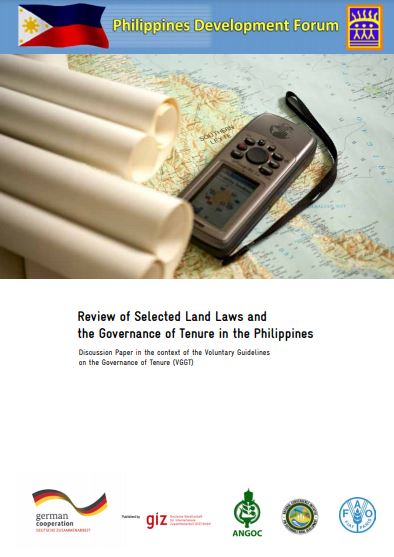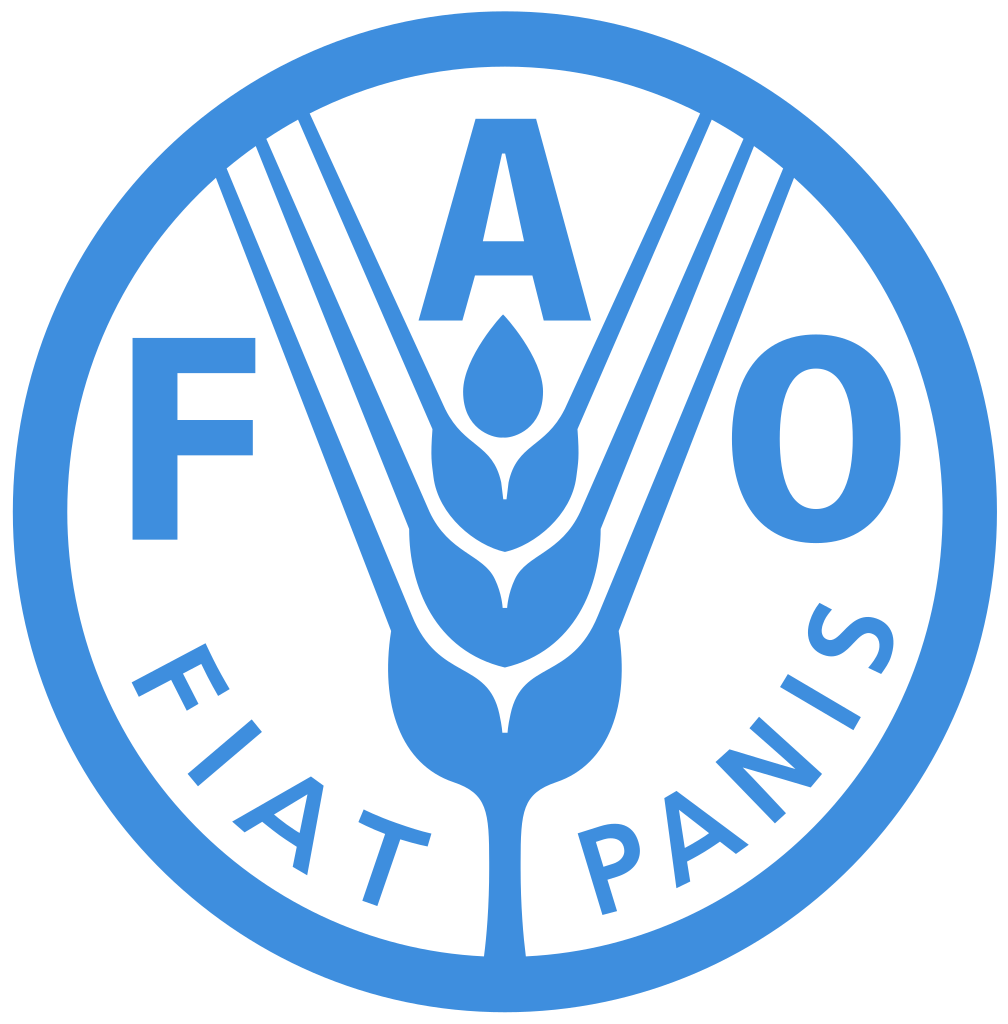Land reform: Land settlement and cooperatives
This bulletin is issued by FAO as a medium for the dissemination of information and views on land reform and related subjects to the United Nations, FAO Member Governments and national and international experts and institutions. Articles are published in the original language (English, French or Spanish).



